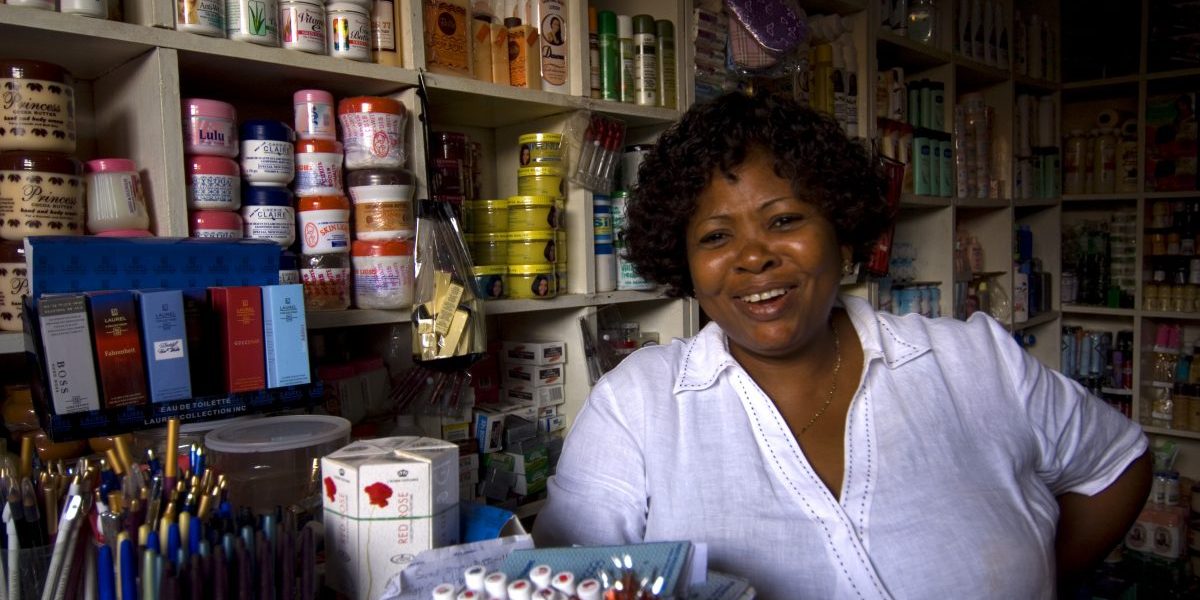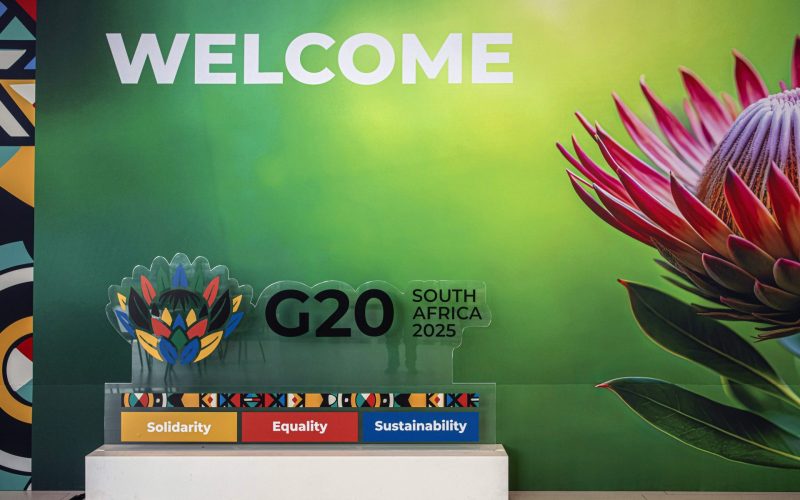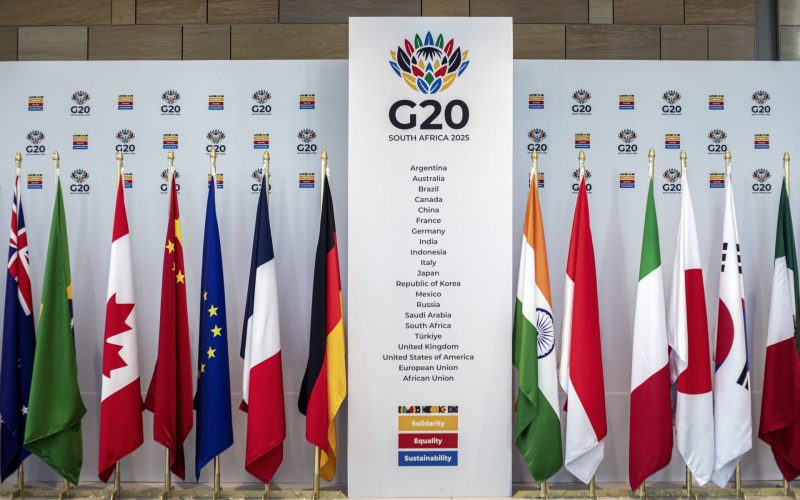However, there is disagreement over a simple question: how can multinational corporations (MNCs), which drive GVCs, be persuaded to incorporate small and medium enterprises (SMEs) from developing countries into the GVCs they co-ordinate?
The debate over this question is first explored in broad outline. It comes down to a decision by each country on whether it wishes to utilise GVCs in its growth strategy and, if so, what measures it wishes to adopt to promote the incorporation of its firms into MNCs’ GVCs. The choice ranges from conscious industrial strategies oriented towards coercive measures designed to force MNCs to integrate SMEs into their value chains, to facilitative approaches designed to attract MNCs to invest and, over time, incorporate domestic suppliers into their value chains where it makes business sense to do so.








